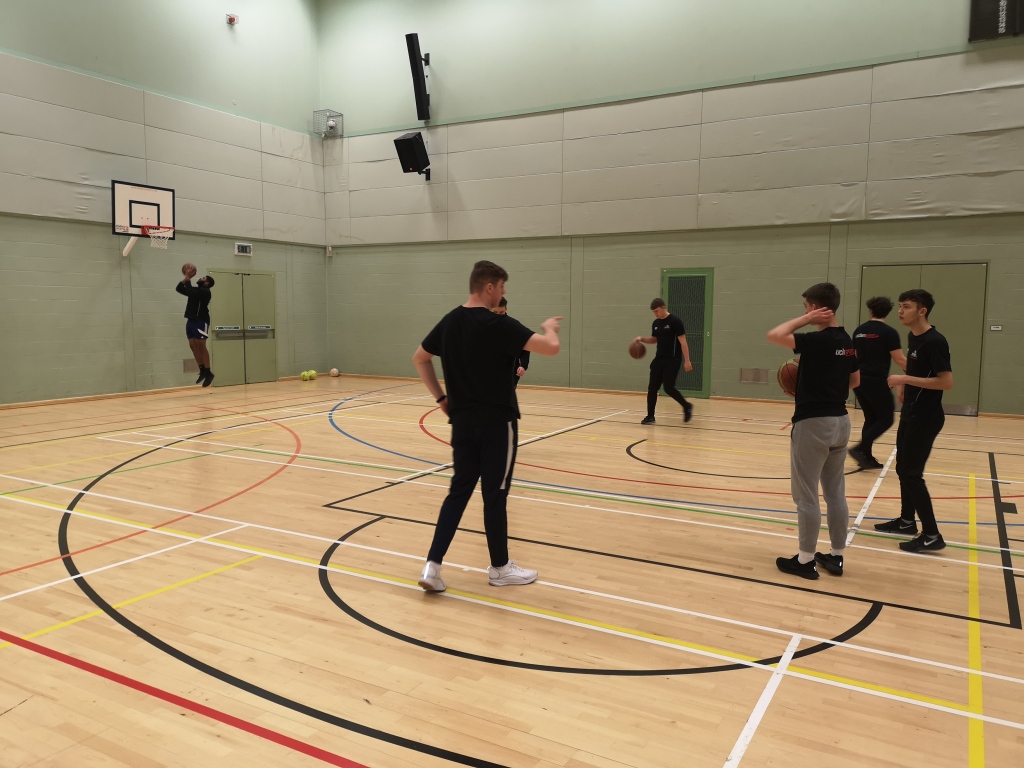Welcome back, in this blog I will be looking into my progression to becoming an expert coach and the characteristics I believe that I have.
During the past year and a half I have been coaching more often than I have ever done before. When I first started coaching I had no confidence with facing people and basically telling them what to do. Once I achieved my Level 2 Basketball Coaching Award, I gained a lot more experience in what I was delivering and how to deliver. I got offered the under 18s head coach role and from September I have experienced the good and the bad.
As mentioned in the previous post. The characteristics of an expert coach are mentioned in the study by Nash and Collins (2006). They are:
- Expertise is developed over a period of time
- Experts recognise patterns quicker that novices
- Experts structure their knowledge for easy recall
- Experts are initially slower to solve problems but quicker overall
- Experts organise problems according to their solutions
- Experts are more flexible and are able to adapt to situations.
- Experts develop the routines to allow processing capacity to improve
- Experts take deeper meaning from cues than novices.
Now looking at all of these characteristics, there is a lot that I can relate myself with. For example, ‘experts are more flexible and are able to adapt to situations’. When I coach, a lot of the time my team isn’t guaranteed to have 10+ players at training. Mostly, I plan my sessions to accomadate the full team. But that would mean I need to be flexible due to players sometimes not being able to make training. As well as this, we constantly get newcomers to training. A study mentions that group members can fluctuate, so as a coach it is important to make sure that they adapt the set procedures and processes within the organization (Junggren, Elbek, & Stambulova, 2018).
When new players come into the club it can be extremely hard to accomadate for them, esepcially when they do not have much experience with the game. From the previous post, I looked at decision making. I believe as a coach decision making is one of the most important aspects as it impacts on everything. The quote from Abraham and Collins (1998) says that ”Coaching is not a behaviour to be copied but a cognitive skill to be taught.” Through my development as a coach I have always looked back on the coaches who delivered new skills to me. In a lot of cases I have copied what they have delivered, but the main thing that I take into consideration is that, if I delivered the drill or play to my team would they respond the same as what we did as a team. That’s where as a coach I need to make decisions on whether I carry on with it or not.
However, throughout my time being a caoch at Preston Pride. I have been thinking constantly of new ways to imrpove my player. A major problem wityh my team at the start of the season was team cohesion (communication). I sorted this by coming up with my own decisions on what to do to help them improve overall as a team. I did a lot of feedback at the start of sessions to make sure thay can reflect as a team. I knew this would help as a study from (Wright et al., 2013) suggests that, ‘The ability to observe and assess performance can be considered one of the primary roles of the sports coach.” As I do Performance analysis I have become very keen on making sure that after every game we feedback to each other on the good and the bad things. This way it has helped me as a coach to ensure that they are improving as a team but most of all training on the things that are weak to improve the cohesion throughout the team.
As a coach, I do believe there is a long way to go to become an expert. But I definitely do think that I show some off the characteristics. There is a lot to learn.
Reference list:
Abraham & Collins ( 1998) Examining and Extending Research in Coach Development
Junggren, S. E., Elbek, L., & Stambulova, N. B. (2018). Examining Coaching Practices and Philosophy Through the Lens of Organizational Culture in a Danish High-Performance Swimming Environment. International Journal of Sports Science & Coaching , 1108.
Nash & Collins ( 2006) Tacit Knowledge in Expert Coaching
Wright, C., Atkins, S., Jones, B., & Todd, J. (2013). The role of performance analysts within the coaching process: Performance Analysts Survey ‘The role of performance analysts in elite football club settings.’. International Journal of Performance Analysis in Sport, 240-261.
